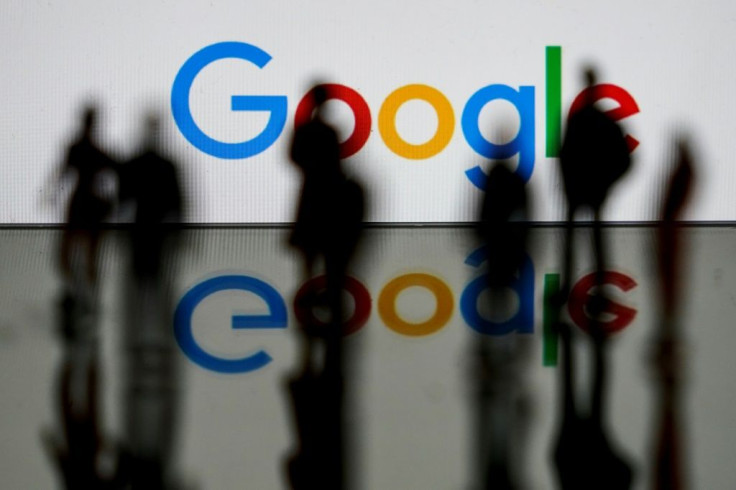Amazon And Google Were Fined Millions For Breaking This Rule
KEY POINTS
- Both companies have been fined for their use of so-called cookies
- The fine for Google was the largest ever imposed by France for such a breach
- Both companies stood by their practices
In separate charges, France’s data protection agency said Thursday it fined Amazon and the parent company of Google millions of dollars for violating its policies on advertising cookies.
The National Commission for Informatics and Liberty, known as CNIL for the French-language name, said it fined Google 100 million euros (roughly $121 million USD) for placing tracking devices known as cookies on the computers of users of the French search engine google.fr without consent.
Cookies are small data packages stored on a computer browser that lets a website identify users and remember their previous online activity.
The French government said the sanctions were the result of a March 16 investigation into the French portal for Google. It found that many of the cookies placed on computers were deposited for advertising purposes.
“Since this type of cookies can only be placed after the user has expressed his or her consent, the restricted committee considered that the companies had not complied with the requirement provided for in Article 82 of the French Data Protection Act regarding the collection of prior consent before placing cookies that are not essential to the service,” the CNIL explained Thursday.
According to Reuters, the penalty is the French government’s largest ever fine for such an incident.
In a separate announcement, the CNIL said it was imposing a penalty of 35 million euros (approximately $42 million USD) on the French portal for Amazon for similar reasons following investigations that ran from December 2019 to May. CNIL investigators “noticed that no matter what path the users used to visit the website, they were either insufficiently informed or never informed of the fact that cookies were placed on their computer.”
Google, in a statement carried by Reuters, said it stood by its record on data governance.
“Today’s decision under French ePrivacy laws overlooks these efforts and doesn’t account for the fact that French rules and regulatory guidance are uncertain and constantly evolving,” the statement read.
Amazon argued against the penalty on similar grounds, saying it was consistently updating its privacy practices to ensure that it complies with various privacy laws while also catering to the evolving needs and expectations of its users.
The French privacy watchdog denied arguments from Google and Amazon that the penalties were unwarranted because their respective headquarters are in Ireland and Luxembourg. The CNIL said that, because the “framework of the activities” extended into French territory, it was “competent” to enact the sanctions.
The watchdog added that Amazon had not provided clear or complete information about the advertising cookies until a redesign in September. Google stopped planting cookies in September as well, but the CNIL said the platform has yet to provide an explanation for their use.
The penalties came one day after Google banned location-tracking software developed by data-collection firm X-Mode Social from applications on Android-based mobile devices. Apple took similar measures for its iPhone.
X-Mode was the target of attention for its links to the U.S. defense sector after it was said to have sold data to contractors involved in national security and counterterrorism.

© Copyright IBTimes 2025. All rights reserved.





















